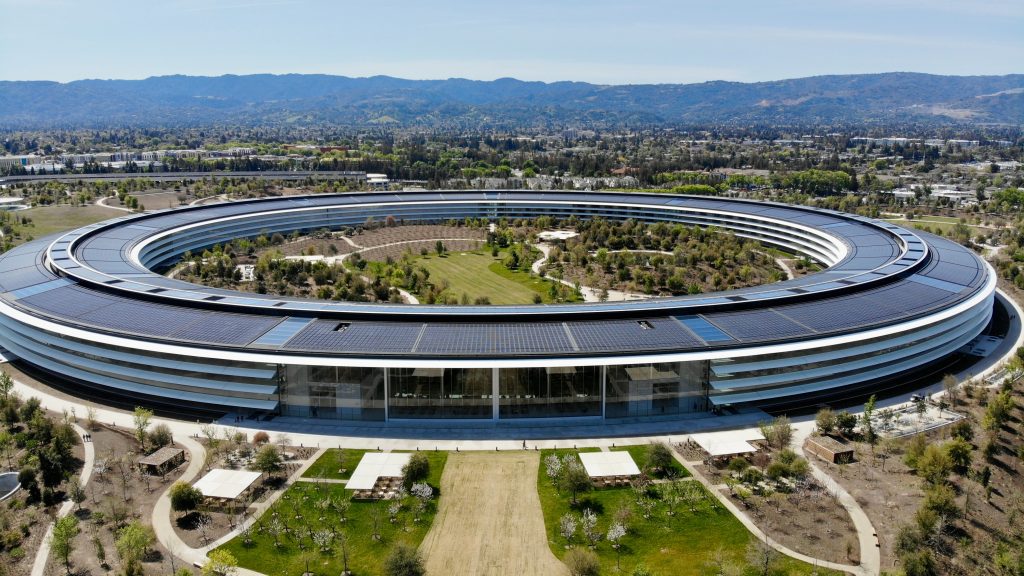Ivan Nikkhoo, Founder and Managing Partner, Navigate Ventures

For decades Silicon Valley has attracted unmatched capital and talent, creating envy across countless other tech hubs around the world. In 2023, a bad year for venture investment by anyone’s estimation, funding for Silicon Valley companies nevertheless reached a multiyear high.
The Valley’s undeniable position as the preeminent destination for tech entrepreneurship is frequently cited as an aspirational milestone for countries aiming to double down on their tech credentials. In the UK, Chancellor Jeremy Hunt has frequently voiced his desire to turn the UK’s burgeoning startup community into the next Silicon Valley, and Prime Minister Rishi Sunak recently pledged to create the EV Silicon Valley in the North East of England. These are ambitious goals. But is achieving them feasible for the UK?
The ingredients that make a great tech ecosystem
Thriving ecosystems depend on a range of different factors being in place. The two key ingredients are capital and talent, which are portable and always seek the best risk/reward profile.
For an ecosystem to thrive, the appropriate institutional capital must be available at every stage of the startup lifecycle, from pre-seed to late stages, to increase the probability of success, and create opportunities for companies to grow and thrive.
A successful ecosystem also needs the appropriate infrastructure and service providers – the lawyers, accountants, advisors etc. – to support startups as they get off the ground and throughout their lifecycles. Universities are needed to develop and bring new talent onto the market. Networking events, conferences, data, insight and transparency are needed to provide founders and investors with a clear understanding of the markets and key trends affecting them. Access to other ecosystems and geographies is needed to provide opportunities for growth, expansion, business development, and access to additional capital.
London is a tech success story, but not of Silicon Valley proportions
In the case of London, much of this infrastructure has been built. Tech Nation has done a great job over the past decade to provide connectivity, networking, data, access, etc. However, the growth capital component is still missing, meaning that while London is an ideal home for early-stage startups, founders frequently have to look further afield for later-stage capital to maintain their growth and realise their potential.
By contrast, Silicon Valley’s concentration of VCs ensures significant capital availability at every stage in the startup journey, not to mention unparalleled networking, backed by exceptional infrastructure and abundant support services fluent in startup operations. Its startups boast markedly higher valuations and sustained interest from investors whatever the weather, making the region a magnet for innovation, investment and growth.
To put all this in perspective, London is one of the ten most developed venture ecosystems in the world – the only European city to make the top ten – yet it lags behind the Bay Area on practically every metric you can think of.
There are circa 5x more VC funds in the Valley than in London, raising around 7x more capital. Between Q3 2017 and Q2 2023, Silicon Valley oversaw more than 2000 successful startup exits worth upwards of $650bn, compared to just over 600 in London, valued at around $60bn.
A global phenomenon
None of this is to decry London’s undoubted tech ecosystem triumphs over the past ten years. It is simply to highlight that in the case of Silicon Valley, the origins of its success were the result of myriad factors coming together at the right time and place many decades ago. That success created a gravitational force that attracted even more capital and talent over the years, culminating in what we see today.
It’s why the Valley continues to be the strongest force in the tech universe, despite the rising cost of living, operating, and talent acquisition, as well as the Covid-induced trend towards running and operating tech companies remotely. Capital and talent gravitate towards the regions that offer the least friction and the best risk-reward profiles, and in the Bay Area this cycle remains undiminished
Viewed in this light, the UK’s ‘next Silicon Valley’ aspirations are, at best, misguided and, at worst, a distraction from the very real near-term challenges and obstacles local tech ecosystems face at a time of market headwinds and macroeconomic difficulties.
Increasing investment appeal beyond Silicon Valley
As an ecosystem, Silicon Valley is not standing still, and it is highly unlikely to be caught. Aiming solely to replicate the Silicon Valley model is an unrealistic goal for London, just as it is for New York, Berlin or any other ecosystem.
However, growing numbers of investors also recognise opportunities in ecosystems such as London and the UK to invest in promising startups at much lower valuations than in the Bay Area.
Seasoned VCs understand that tech company valuations normalise, making ‘risks’ on UK startups potentially more rewarding than high-priced Silicon Valley investments. Unfortunately, the UK market has also attracted its fair share of ‘me too’ investors, who have raised money despite their lack of domain knowledge or investment expertise.
Ecosystems only improve with the presence of high-calibre, experienced investors who know what they’re doing and can nurture and guide their portfolio companies to successful long-term outcomes. It’s vital that the UK continues to encourage this type of high-quality capital, for example, by creating a more investor and startup-friendly environment.
Being the best ecosystem possible
Silicon Valley continues to defy gravity and attract eye-watering levels of investment regardless of the macro-economic picture. Rather than trying to replicate this story, ecosystems like London – and other aspiring regions of the UK where there are burgeoning tech communities, like Manchester, Leeds and Bristol – should focus on removing friction and being the best version of themselves. With a sustained effort over time, the flywheel effect will happen.
Creating the ‘next Silicon Valley’ is a tired and overused cliche; creating the next great local ecosystem, on the other hand, is a laudable and eminently achievable ambition for the UK. Ecosystems take time to build, but once at critical mass, the effects accelerate and the natural forces take over.
Featured Photo by Carles Rabada on Unsplash.



